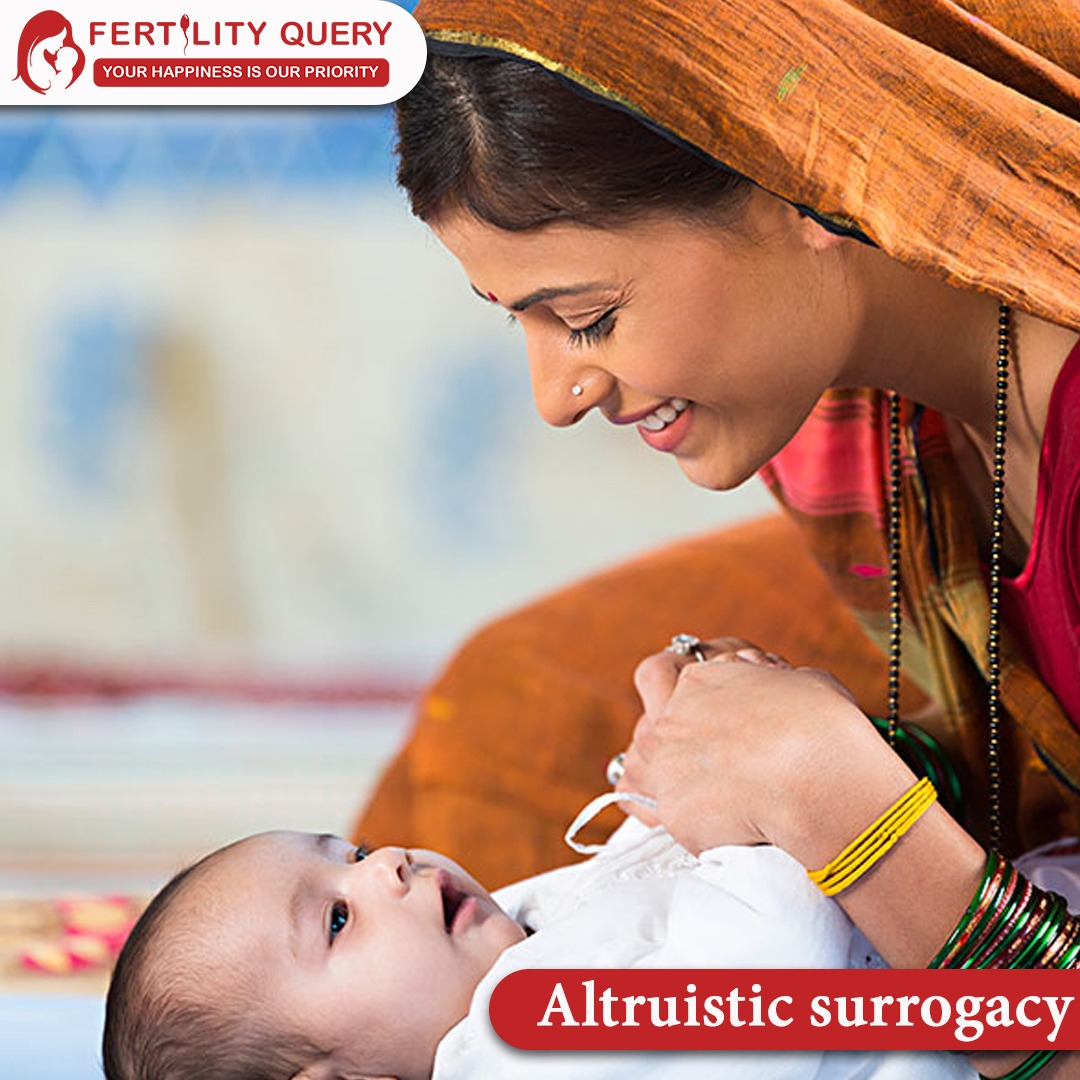
Best Altruistic Surrogacy Centre in Bhopal
Best altruistic Surrogacy Centre in Bhopal is a well-known clinic that provides services related to fertility treatment. One of the services offered by the clinic is altruistic surrogacy, a type of surrogacy where the surrogate mother carries a child for another couple or individual without any financial compensation. This paper aims to discuss altruistic surrogacy, including its definition, process, and ethical considerations.
Definition of Altruistic Surrogacy:
Altruistic surrogacy is a type of surrogacy where the surrogate mother agrees to carry a child for another couple or individual without any financial compensation. In this arrangement, the surrogate mother is motivated by altruism or the desire to help others rather than financial gain. Altruistic surrogacy is legal in several countries, including India.
Process of Altruistic Surrogacy:
The process of altruistic surrogacy involves several steps. Firstly, the intended parents and the surrogate mother must enter into a legal agreement, which outlines the terms and conditions of the surrogacy arrangement. The agreement typically covers issues such as the surrogate mother’s compensation (if any), the intended parents’ responsibilities towards the child, and the surrogate mother’s rights and obligations.
Once the legal agreement is in place, the surrogate mother undergoes medical screening to ensure that she is medically fit to carry a child. The intended mother or a donor provides eggs, which are fertilized with the intended father’s sperm in a laboratory. The resulting embryo is then transferred to the surrogate mother’s uterus through in vitro fertilization (IVF).
During the pregnancy, the surrogate mother receives medical care and support from the fertility clinic. The intended parents may also provide emotional support to the surrogate mother. After the baby is born, the intended parents assume legal custody of the child.
Ethical Considerations of Altruistic Surrogacy:
Altruistic surrogacy raises several ethical considerations, including issues related to exploitation, commodification, and the welfare of the child.
Exploitation:
One of the concerns about altruistic surrogacy is that the surrogate mother may be exploited by the intended parents or the fertility clinic. The surrogate mother may be vulnerable to exploitation due to her economic or social circumstances. The intended parents may also exert pressure on the surrogate mother to comply with their wishes, leading to a power imbalance in the relationship.
Commodification:
Another concern about altruistic surrogacy is that it may commodify the surrogate mother’s body. The surrogate mother may be viewed as a means to an end, rather than as a human being with dignity and autonomy. This commodification may lead to the exploitation of the surrogate mother’s reproductive labor.
Welfare of the Child:
Altruistic surrogacy also raises concerns about the welfare of the child. The child may experience confusion about his or her identity and may struggle to establish a relationship with the surrogate mother. The child may also face stigma and discrimination due to his or her unconventional family structure.
Conclusion:
Altruistic surrogacy is a type of surrogacy where the surrogate mother carries a child for another couple or individual without any financial compensation. The process of altruistic surrogacy involves several steps, including a legal agreement, medical screening, and in vitro fertilization. However, altruistic surrogacy raises several ethical considerations, including issues related to exploitation, commodification, and the welfare of the child. It is essential to carefully consider these ethical concerns before entering into an altruistic surrogacy arrangement.



